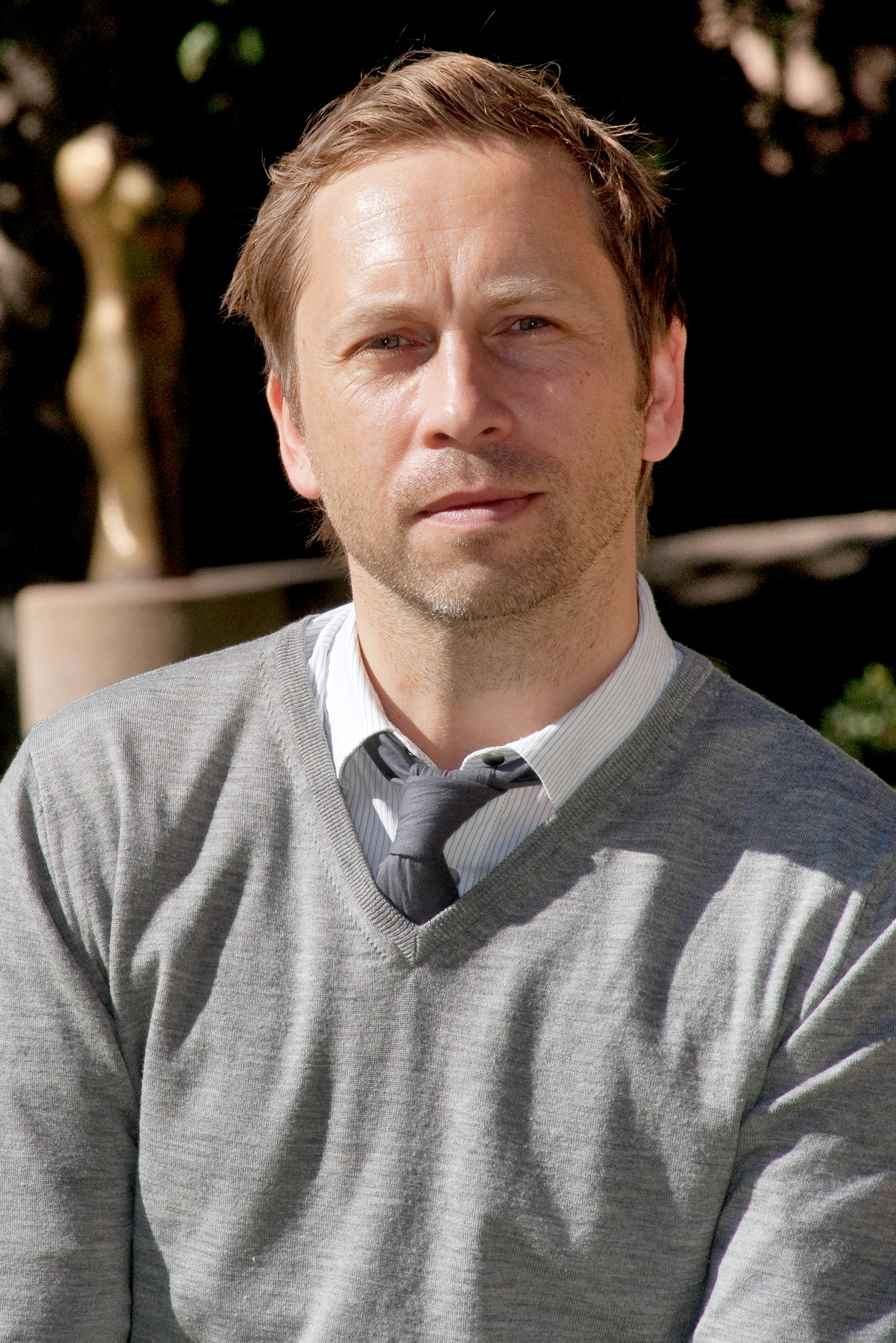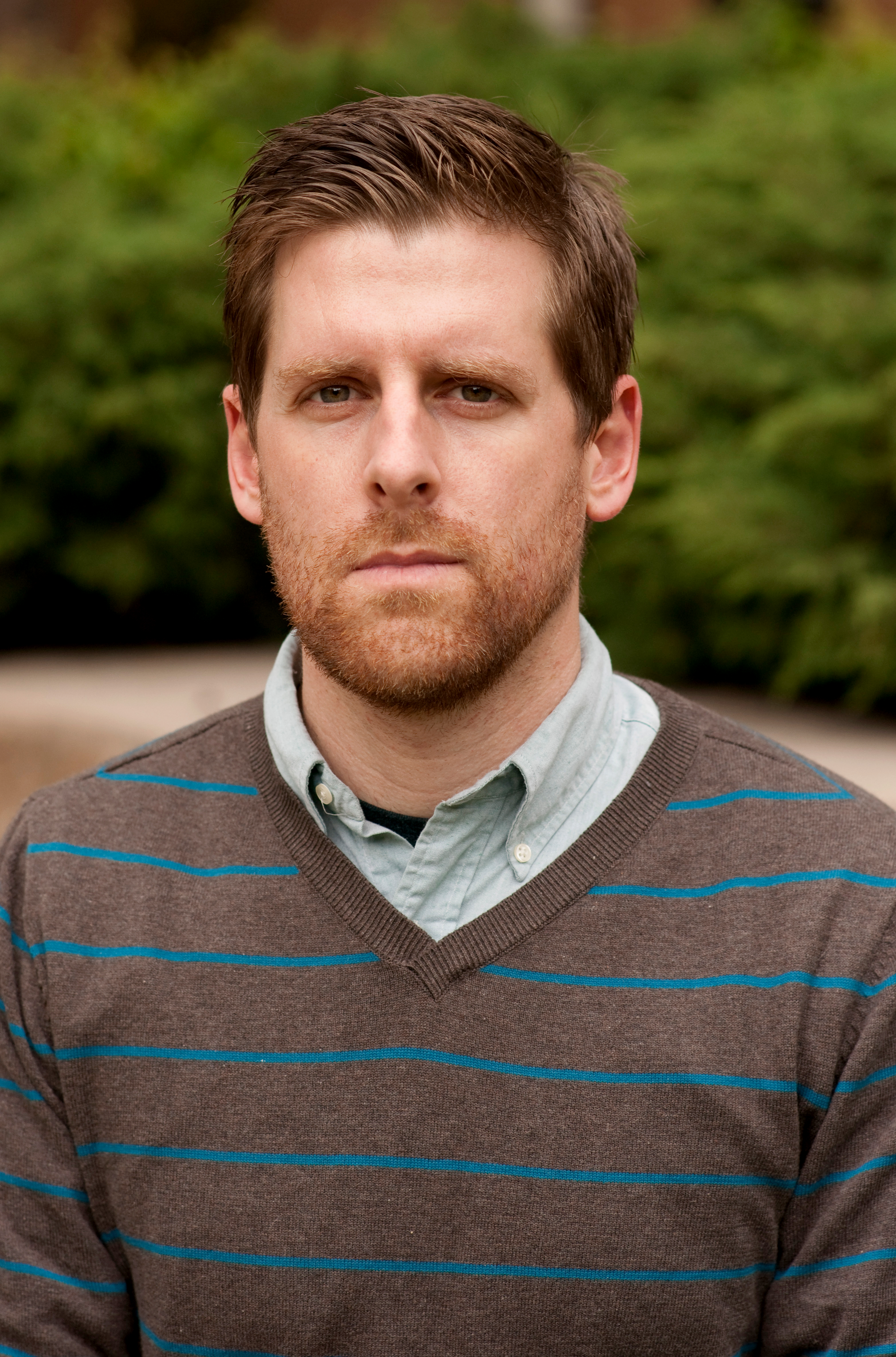
In a town where everyone has a script to sell, the Emmys, the Golden Globes and the Oscars seem like shimmering mirages on the distant horizon. For the finalists of the Samuel Goldwyn Writing Awards, however, the horizon isn’t so far off.
Every year, five feature-length screenplays written by University of California students are selected as finalists for the award, and are therefore contenders for cash prizes ranging from $1,000 to $15,000.
Of the five winners, four are UCLA students or recent graduates, including Ryan Finnerty, Meg Gifford and Matt Wheeler. The fourth, Owen Donovan Yarde, was unavailable for comment.
For seven years, Finnerty has been free from drug addiction, an experience that serves as the basis for his Goldwyn Award submission, “Short Stories.”
“It’s my life story,” Finnerty said. “Before I came to school, I was homeless on the streets of San Francisco for a long time, addicted to crack and heroin, in and out of jail.”
About seven years ago, Finnerty returned to his parents’ home in Sacramento, got sober and began taking classes at American River College in Sacramento.
“I made my way back to school, and I took a creative writing class because that was an easy entry back into the school world, and I was really nervous about it,” Finnerty said.
Finnerty has an ability to joke about his past in a way that can be slightly disarming. That dark humor translates into his writing.
When asked about how comfortable he is with sharing his life story in such a way, his answer was equally candid.
“Oh, you mean exploiting myself? Yeah, it’s terrible,” Finnerty said. “I normally write comedies and I write horror films. This was a situation where I was totally not for telling my story.”
After doing well in a series of creative writing and screenwriting classes, Finnerty was admitted to UCLA. It was on the advice of his friends and screenwriting classmates that he decided to write the script, on the stipulation that it would still be humorous.
“As long as it was darkly humorous and interesting, I was down to do it. And I think I attained that, but it was definitely awkward,” Finnerty said.
Gifford, on the other hand, started being a writer when she learned to write.
“I won my first contest when I was in second grade. I’m sure it wasn’t very good, but I didn’t have a lot of competition; they were second graders,” Gifford said.
Despite a more North Campus-like beginning, Gifford went into the sciences in college.
“(My parents) were kind of old school, so they wanted all engineers and doctors,” Gifford said. “They encouraged me to go into the sciences. I like chemistry because it’s very visual, writing is very visual, so there is some overlap.”
Gifford’s script, “Paint It Black,” follows a family of four children raised by strict, goal-oriented parents and the way their world turns upside down when a hippie, rock ‘n’ roll songwriter moves in next door. The parents in the film are somewhat based on Gifford’s.
“It’s loosely based on my parents, but I have to emphasize “˜loosely’ because those parents are crazy,” Gifford said. “And when my mom read it, she goes, “˜We’re not Lutheran. I never had an affair with a pastor.'”
For Gifford, the exploration of her creative side began when she attended UCLA School of Theater, Film and Television Professor Lew Hunter’s screenwriting colony while she was in graduate school in Nebraska.
Writing gave her a break from the monotony of repeated chemistry experiments, and allowed her to use her right brain more, Gifford said.
That’s not to say her chemistry training hasn’t been put to good use. She still teaches chemistry at Loyola Marymount University and Santa Monica College.
Before attending UCLA, Wheeler graduated from Cambridge University with a degree in English.
He then spent 10 years working in advertising in England, working on scripts and short stories whenever he could get away with it.
After shooting a commercial in the United States, Simon West, director of “Con Air,” advised him to take the next step.
“(West) sort of said to me, “˜Don’t die in advertising, and you’re not a young man anymore, and if you really want to write movies then come to Hollywood.’ So I applied to film school.”
Wheeler is a finalist for his romantic comedy titled “How to Leave Your Lover,” which is about a man who tries to break up with his girlfriend.
Every attempt happens to coincide with an awful event, and the man finds himself unable to leave her.
“It’s sort of a guide of how you can, as a cowardly man, break up with a girl when you don’t want to break her heart,” Wheeler said. “It’s sort of a bit “˜Annie Hall’ meets “˜Being John Malkovich,’ with a bit of “˜500 Days of Summer’ in there.”
Simply enough, the inspirational source for the script was a breakup.
“I’d had a five-year relationship at university, and it’s that thing where you’ve been together a long time, and you’re not quite married, and how do you get out of it?” Wheeler said.
“You still kind of love them, and there’s a … ritual to your daily life, and there’s a comfort, a huge comfort being with each other. How do you actually end that?”
Ultimately, Wheeler said, the script is about wondering if there is something better for you.
“In Los Angeles particularly, there’s this sort of idea that there’s always something better around the corner,” Wheeler said.
